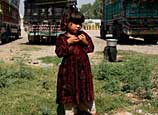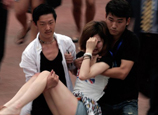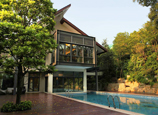
The European Commission launched an investigation into solar imports from China in response to a complaint from SolarWorld, one of Germany's largest solar energy companies. The investigation found that China sold solar goods at a price below the cost of production.
Before this announcement, China had been seeking consultations with the EU, with Premier Li Keqiang telling European Commission President Jose Manuel Barroso that the solar dispute touched on China's major economic interests.
Li also repeatedly said during his recent overseas trip, his first since he took office in March, that the EU's investigation cannot benefit the region itself, when it hurts China and its exports in the sector.
The solar case is the largest trade investigation the European Commission has undertaken. In 2011, the EU's imports of solar goods from China were valued at 21 billion euros ($27.8 billion).
Experts are worried the solar panel investigation and tariffs will lead to escalating trade disputes between the two sides, developing into a trade war.
"If the solar dispute cannot be solved well, disaster will follow and more industries will be implicated," Yao said.
After the tariffs were applied, China announced an investigation into accusations that the EU is illegally subsidizing and undercutting prices for its exported wines, though denying the probe was linked to the EU move.
The EU later responded by complaining to the World Trade Organization about China charging anti-dumping duties on imports of stainless steel tubes, six months after Japan filed a similar case.
Yao Weiqun, associate president of the Shanghai WTO Affairs Consultation Center, said: "We are against a trade war, but China has to fight back and take retaliatory measures when needed."

















 Rehab helps prepare for life after addiction
Rehab helps prepare for life after addiction


![]()
